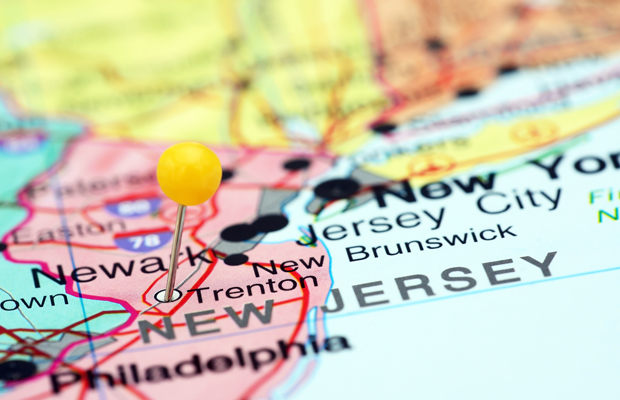 Yesterday, the U.S. Supreme Court repealed a law dating back to 1992 that prohibited state-sanctioned sports betting except for in a few states. The decision was celebrated by some states and by some sports betting operators and their affiliates; but – for everybody else – it barely means that much at all.
Yesterday, the U.S. Supreme Court repealed a law dating back to 1992 that prohibited state-sanctioned sports betting except for in a few states. The decision was celebrated by some states and by some sports betting operators and their affiliates; but – for everybody else – it barely means that much at all.
The case of Murphy (formerly Christie) vs. National Collegiate Athletic Association has effectively been going on since 2012 when New Jersey´s legislature passed the “Sports Wagering Act” allowing sports betting at the state´s licensed casinos and racetracks. Several professional sports bodies launched a legal challenge to the Act, claiming it violated the federal Professional and Amateur Sports Protection Act (PASPA) of 1992.
After the New Jersey District Court and Third Circuit Appeals Court found in favor of the professional sports bodies – and the Supreme Court refused to hear the case – the language of Act was revised. Again it passed the legislature and was signed into law by Gov. Christie, but again it was opposed by the professional sports bodies – who again found support in the New Jersey District Court and Third Circuit Appeals Court. However, this time the Supreme Court agreed to hear the case.
The hearing went ahead last December, following which most observers were fairly confident the court would find in favor of Murphy (the new governor of New Jersey) – so much so that several states have already prepared legislation to regulate sports betting once it is allowed. Yesterday, proponents of regulated sports betting got the verdict they were hoping for after the majority of Supreme Court judges found PASPA to be unconstitutional.
What the Repeal of PASPA Actually Means
PASPA made it unlawful for government entities and businesses to operate a gambling or wagering scheme “based directly or indirectly on one or more competitive games in which amateur or professional athletes participate”. A few states that had already regulated sports betting (Nevada, Oregon, Montana and Delaware) were exempted from PASPA and, in 2006, UIGEA created a carve-out for Daily Fantasy Sports.
However, for jurisdictions and businesses beyond the reach of U.S. law enforcement, it was business as usual. PASPA did not prevent the man in the street from placing a wager with an offshore operator, and the offshore sports betting industry is estimated to be worth anything between $4 billion and $400 billion depending on which “expert´s” opinion suits the agenda. For New Jersey and a few other states, getting a share of this business has been the driving force behind the repeal of PASPA.
So, what the repeal of PASPA actually means is that states who want to regulate sports betting will be able to do so. So far, nineteen states have introduced some form of sports betting-related legislation, but not all of it is guaranteed to pass. Some states require a voter-sanctioned constitutional amendment before “legal” sports betting is allowed. Others will encounter similar stakeholder conflicts of interest to those that have prevented the regulation of online casinos and online poker.
What the Repeal of PASPA Means to the Man in the Street
In the short term, the repeal of PASPA will make little difference to the man in the street. In the states that have already passed legislation (or are close to passing legislation), there will be a wider choice of betting operators to choose from and some of these will make it easier to get finds on and off an online betting account. However, due to the taxes regulated betting operators will have to pay, the price of being able to fund an account with PayPal will likely be worse odds and fewer promotions.
In the long term, the regulated betting market will expand – but not that quickly. Since 2011, states have had the opportunity to generate revenues from regulating online casinos and online poker – but, to date, only four have chosen to do so. Although the estimated revenues from regulated sports betting may prompt a few more states into action, the initial rush to legislate will likely peter out into drips and drabs as states encounter constitutional issues and conflicts of interest among stakeholders.
With regard to the future regulation of online casinos and online poker, some states will piggyback legislation into their sports betting bills, others won´t. If enough states pass legislation to regulate online poker, you could – in time – see a large enough player pool to compete against the non-regulated market. However, for the present, the repeal of PASPA won´t mean that much to that many, and it will continue to be business as usual for online poker players.




